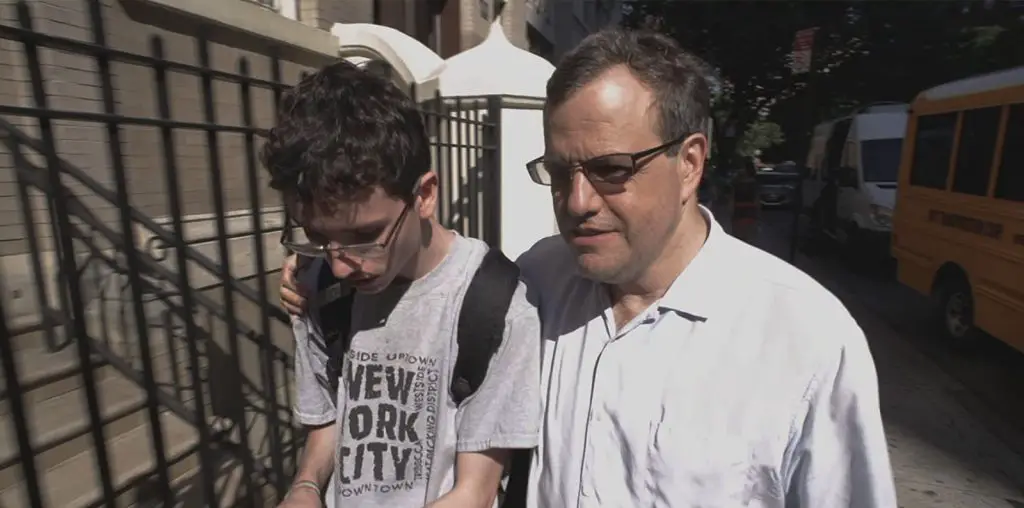
Catherine Mullins’ documentary focuses on the Canadian village of Sheshatshiu, Labrador, which is home to the Innu tribe of Native Americans. In the 1960s, the Canadian government forced the Innu to abandon their traditional nomadic hunting/gathering way of life and settle in communities.
The transition, according to the film, has been disastrous – years of high unemployment, acute community-wide drug and alcohol addiction, and abnormally advanced levels of domestic abuse and suicide. This film focuses on six young Innu tribal members about the emotional hardship they face in their village.
The depth of struggle and stress they experience is harsh, but it is often difficult to sympathize with people who knowingly self-destruct without seeming to make any effort to improve their lives via education (the local schools have excessive truancy) or a serious attempt to find economic self-sufficiency (although one young lady gets work outside of the village in janitorial services, and she is highly satisfied by being financially independent).
“Being Innu” offers a depressing view of Canadian tribal life, but too much of the film is a meandering wallow in self-pity. The film avoids tracking down leaders in the federal and provincial governments to find out what, if anything, is being done to address the situation at Sheshatshiu; the tribal elders interviewed here seem more interested in indicting white society for their problems rather than acknowledging significant problems from community parenting, let alone formulating solutions. At the end of the day, however, “Blame Whitey” can only go so far.
